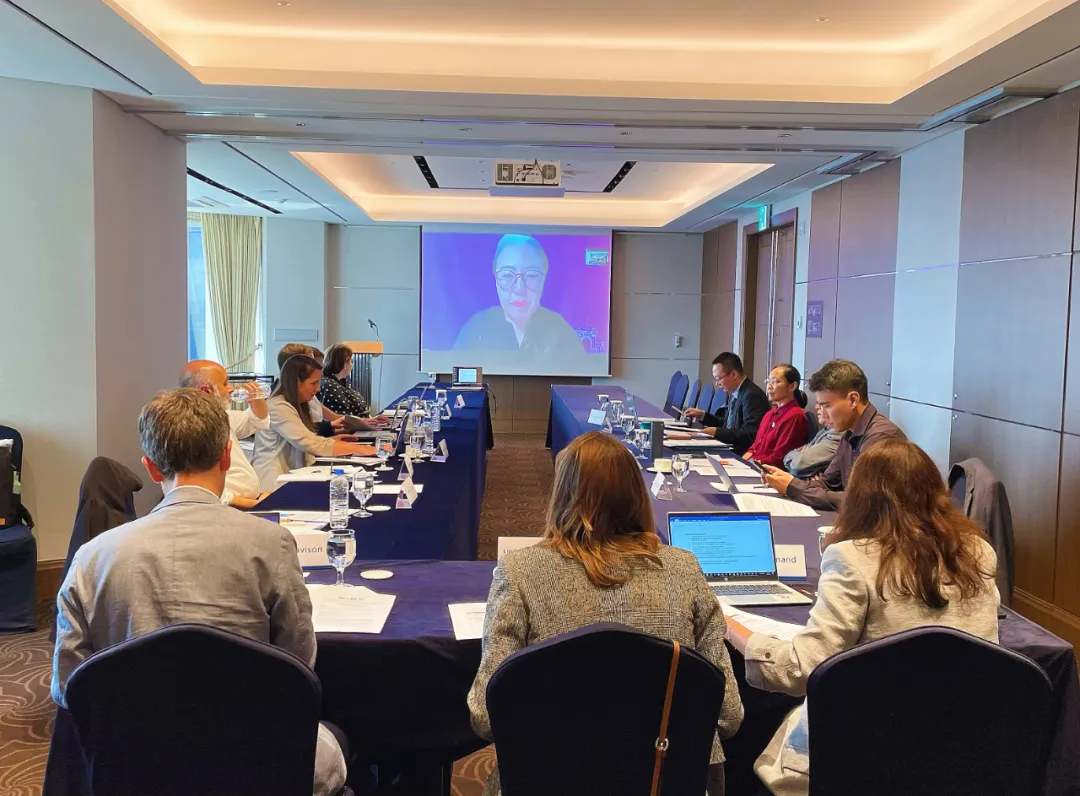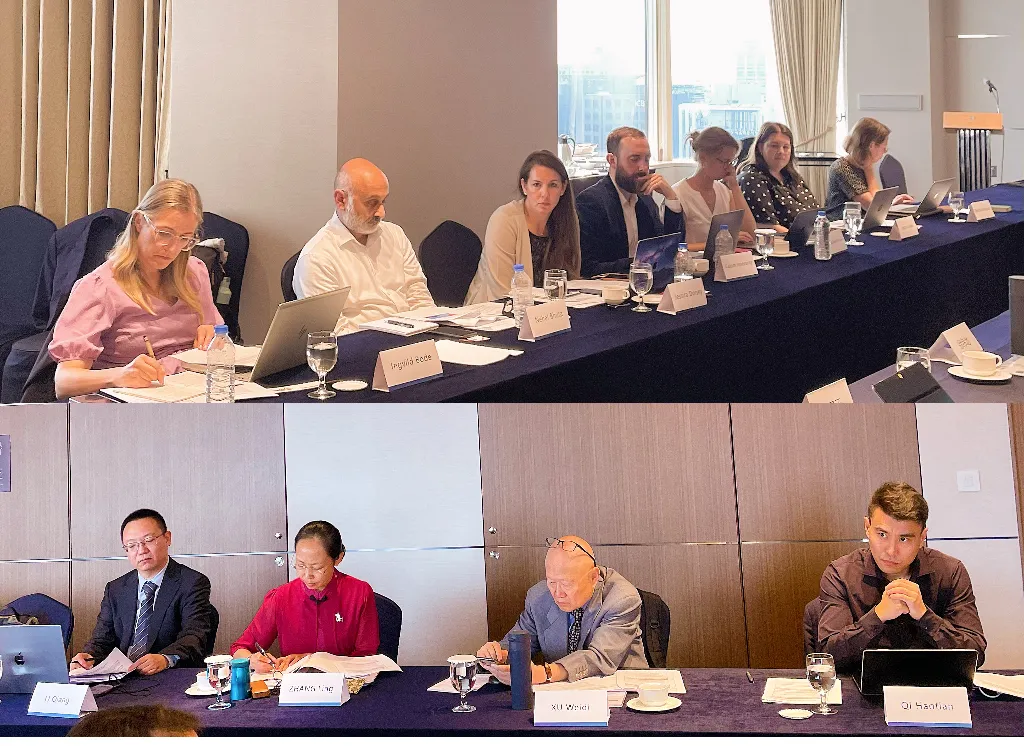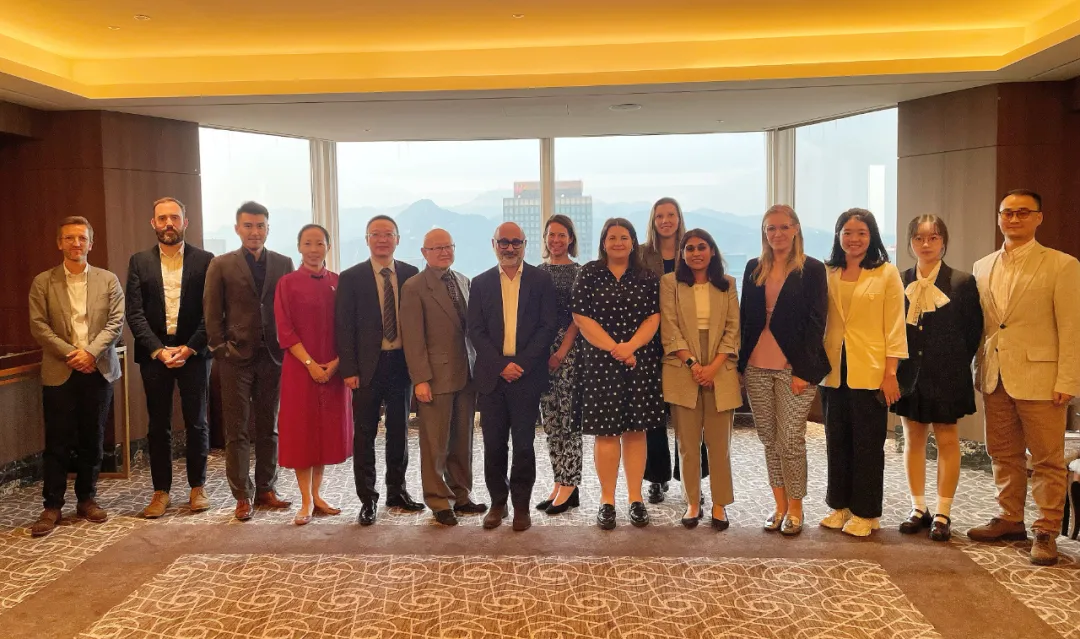On September 8, 2024, the Center for International Security and Strategy (CISS) of Tsinghua University and the Centre for Humanitarian Dialogue (HD) held the third round of the China-EU Dialogue on Artificial Intelligence and International Security in Seoul, the Republic of Korea. Xiao Qian, Deputy Director of CISS, and Linda van der Horst, Senior Advisor of the Northeast Asia Program at HD, addressed the Dialogue. Both sides focused on scenario deduction and risk mitigation measures in military AI to carry out in-depth discussions and exchanges.

In the first half of the session, the two sides discussed the role of AI in military decision-making and the types of factors that may cause or exacerbate the risk of unintended consequences (accidents, miscalculations, and conflict escalation) during the use of AI-based decision-making support systems. Experts from both sides analyzed the scenarios in terms of technical, human, and strategic factors, concluding that a series of measures are needed to reduce the risk of unintended consequences, including strengthening technical safety, improving capacity building, refining strategic decision-making mechanisms, and enhancing transparency.

The second half delved into the application of AI in the military domain and the ethical and security issues it raises, which sparked discussions on “responsible military AI,” including how to assess conflicts, the attribution of responsibility for AI weapon systems, target identification standards, and human-in-the-loop mechanisms. Experts from both sides believed that AI weapon systems may change the mode of warfare, but they will not change the basic principles of the laws of war. “Responsible military AI” requires comprehensive consideration of several factors, such as compliance with rules and procedures, reduction of civilian casualties, and transparency and interpretability. We need to clarify the attribution of responsibility for AI weapons systems and establish corresponding accountability mechanisms. We should formulate stricter target identification standards and establish “human-in-the-loop” mechanisms to minimize the risk of civilian casualties. We should work to strengthen international cooperation and jointly formulate relevant norms for AI weapon systems to reduce the associated risks.

This event was joined by Chinese guests including Xu Weidi, former Research Fellow of the Institute for Strategic Studies, China People’s Liberation Army National Defense University; Zhang Ling, former Associate Professor of the School of National Security, China People’s Liberation Army National Defense University; Li Qiang, Associate Professor and Director of the Military Law Institute, China University of Political Science and Law; Qi Haotian, Assistant Professor and Deputy Director of Center for International Security and Peace Studies, Peking University; Xiao Qian, Deputy Director of CISS; and Zhang Ding, Research Assistant of CISS.
